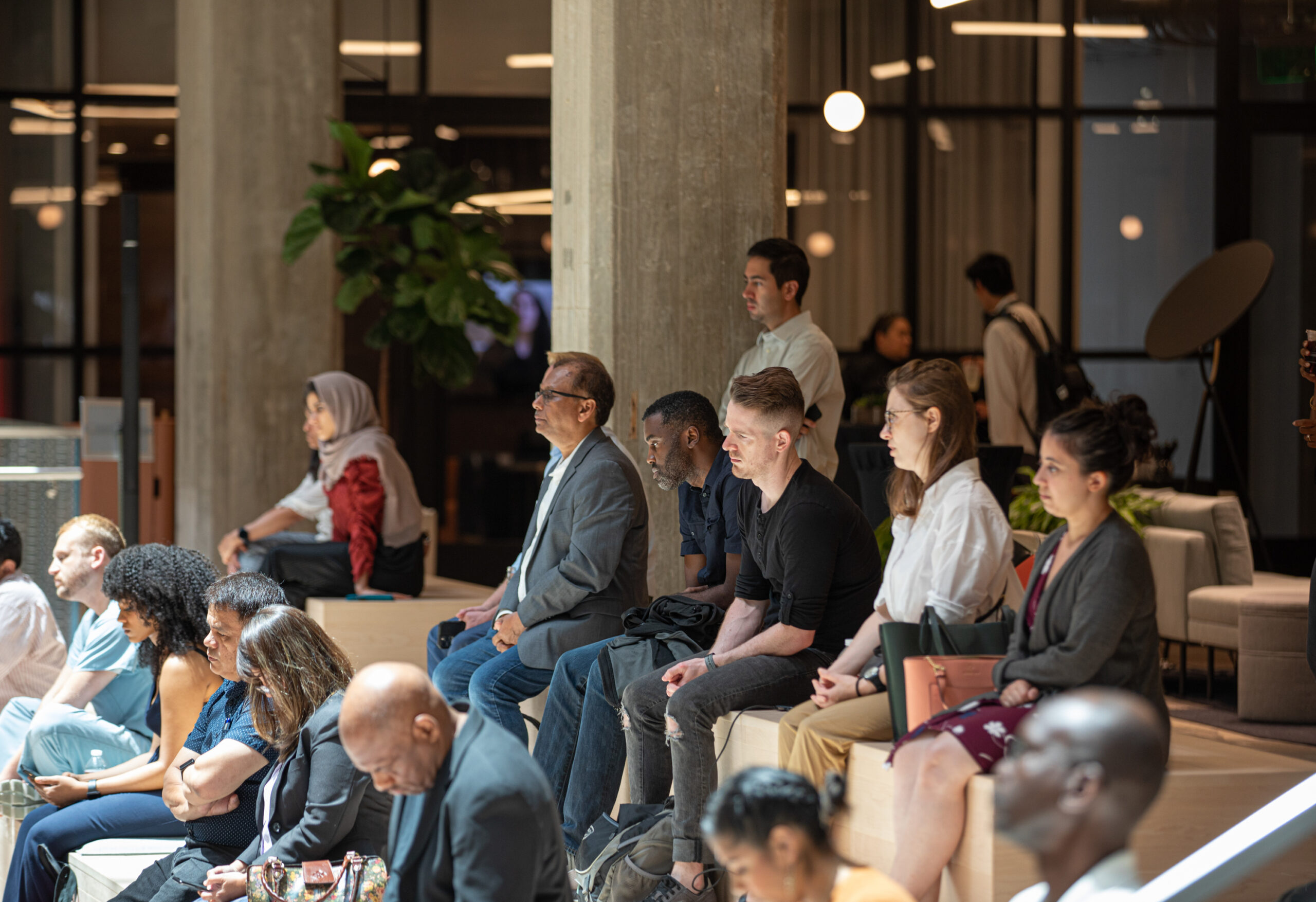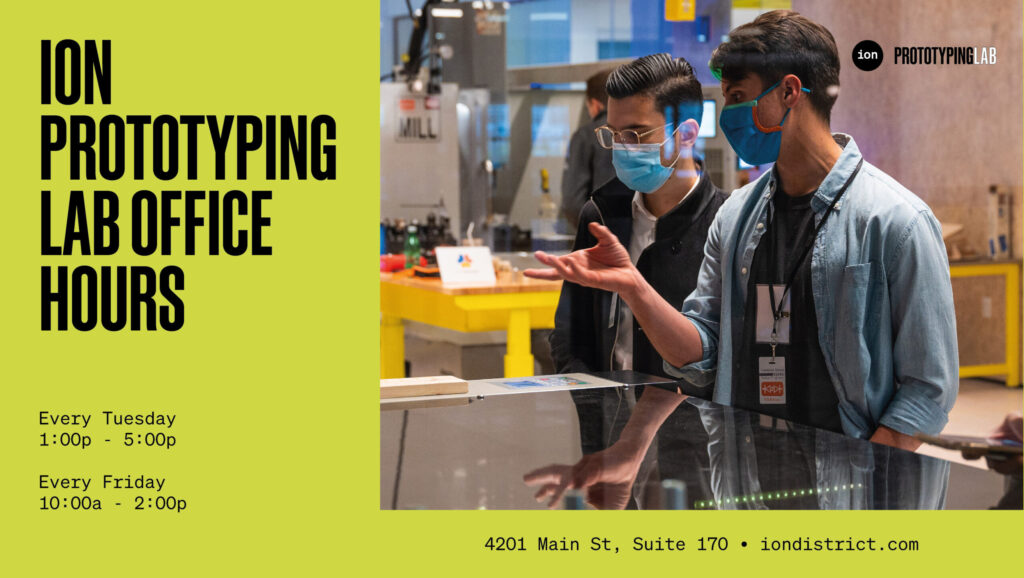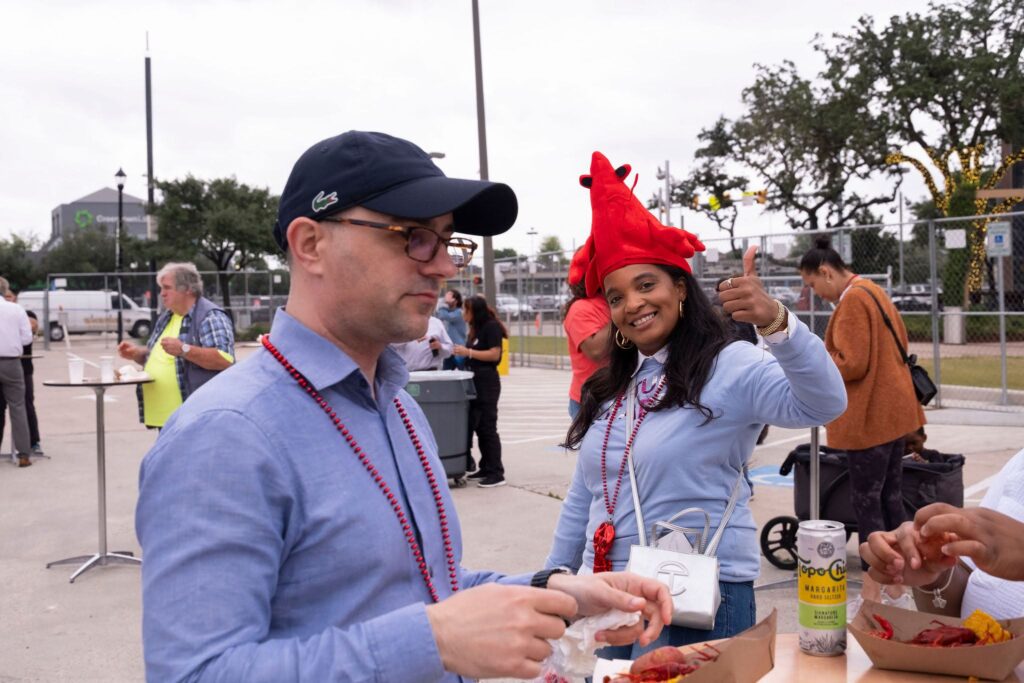Houston Young Professionals
Houston Business Directory and Events


- This event has passed.
NASA Tech Talks
April 25 @ 6:00 pm – 7:30 pm
Free
We want HOU! Join us to discover NASA’s toughest tech challenges and apply your skills and expertise to solve them.
Featured Program: Nutrition as Fuel for Human Space Flight
History books are rife with examples of how nutrition either made, or broke, exploration missions on Earth. As we write the future of space exploration, nutrition will be even more critical in ensuring crew health and safety and ultimately mission success. NASA’s Nutritional Biochemistry Laboratory supports both operational and research protocols to help ensure astronaut health before, during, and after flight. Ground-analog research includes head-down tilt bed rest studies, studies of crews wintering over in Antarctica, and an ongoing year-long Mars surface simulation study: the Crew Health and Performance Exploration Analog (CHAPEA) mission. The Nutritional Biochemistry Laboratory’s flight research has yielded findings on effects of spaceflight on vitamins, minerals, and hormones.
They have documented dietary effects on bone health, and effects of oral contraceptive use on venous thromboembolism (i.e., blood clot) risk. A key line of research has documented that ocular changes affecting some astronauts is genetically predisposed, and more specifically, genetic differences which affect B vitamin requirements appears to increase the risk of these ocular changes. An experiment being conducted on the ISS right now is testing a B vitamin countermeasure. As humans move beyond low-Earth orbit nutrition will be even more important for the maintenance of crew health and ultimately for mission success. Uniting the many disciplines which comprise the human system with the engineering of spacecraft will be a significant challenge, but daring to leave the planet demands this collaboration.
About the Speakers:
Scott M. Smith leads the Nutritional Biochemistry Laboratory at NASA Johnson Space Center. This group is charged with keeping crews healthy with respect to nutrition, including using nutrition to optimize astronaut health and safety. This work includes ground-based and spaceflight research to understand how nutrition can mitigate the risks of spaceflight.
Smith has ongoing spaceflight research projects on the International Space Station. His past projects have been flown on the space station, space shuttle, and the Russian space station Mir. Smith has also led several ground-based research projects to better understand astronaut health in space, including studies of vitamin D in crews in Antarctica, studies of crews living on the bottom of the ocean, and studying subjects spending months in bed or a year in an enclosed habitat.
Smith is a member of the American Society for Nutrition, the American Physiological Society, and the International Academy of Astronautics. He holds a B.S. in Biology and a Ph.D. in Nutrition, both from the Pennsylvania State University
Montgomery B. Goforth has over 30 years of experience as both an Engineer and Manager in various highly technical space and defense-related efforts. He joined NASA in 1990 as part of the Mission Operations Directorate, working on planning systems and automated procedure execution tools for the International Space Station (ISS). He became Deputy Project Manager for the Portable Computer System, the laptop used for command and control of the ISS, in 1996. He became Chief of the Branch responsible for all laptops onboard the ISS and the Space Shuttle.


